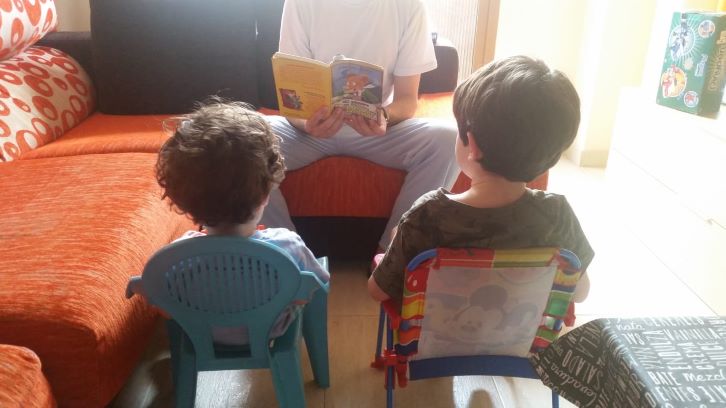Communication and language in abused and institutionalized minors. A scoping review

The correct development stage of language and communication skills focuses especially on the first years of life. Child abuse and situations of guardianship and custody by an institution can negatively influence the general development, as well as the language learning and communication skills of minors. This article presents a review of different works published between 2007 and 2017 that identify the communicative-language difficulties in these minors and the possible repercussions on their future development. Several actions are also proposed.
The development of language requires an environment rich in stimuli that favor its development as the one that parents usually provide. The importance of family context for language development is well documented. Especially, that the first communicative interactions produced between the main educator and the minor are fundamental for children's learning and development, and that, if these do not occur, the development of this skill will be compromised. Furthermore, the quality and quantity of these exchanges are important. Therefore, minors who have not had and do not have this family context could see their development compromised, and the family does not always provide this stimulation optimally. Consequently, living in neglectful, abusive and institutionalized environments can negatively influence the child's general development and specifically language development.
Using the scoping review methodology, studies published between 2007 and 2017 that identify the communicative-linguistic difficulties in these minors and the possible repercussions on their future development were reviewed. The articles reviewed confirm that minors who have suffered situations of abuse, neglect and who often end up growing up in residential care centers can usually present levels of linguistic competence below the population average and these difficulties can be maintained over time.
The different subtypes of abuse do not appear to have a differential impact on different language skills. Alterations or delays in language and communication skills have been found in all subtypes of abuse (neglect, physical, sexual and emotional abuse and institutionalization). Both comprehensive and expressive language, as well as speech and literacy skills have a more deficient development compared to peers who have not lived through these situations.
One of the most relevant findings is related to the differential incidence depending on the moment in which the minors suffer the situation of abuse. The most serious consequences at the communicative and language level are found in minors who suffer it in the first years of life, and these are accentuated if an intervention is not carried out during the first two years. On the other hand, the change of these minors in the environment does not guarantee that without a specific intervention, the difficulties will diminish and become equal to the general population.
The article concludes that an early and specific detection and intervention will prevent the negative effects on other areas of development (cognitive, motor, academic, social and emotional) from impacting and becoming chronic. As well as, it will avoid or reduce future costs. On the other hand, it points out the need to make the services responsible for the well-being of minors aware of the importance, not only of caring for homeless or at-risk children, but also of stimulating linguistic development in the child's first years of life. In addition, this intervention would require the involvement of professionals specialized in language such as speech therapists.
1Esperanza Palazón Carrión ; 2Josefina Sala-Roca
Universitat Autònoma de Barcelona.
1Department of Basic, Evolutionary and Educational Psychology.
2Department of Theories of Education and Social Pedagogy.
Esperanza.palazon@e-campus.uab.cat; Fina.sala@uab.cat
References
Palazón-Carrión, E., & Sala-Roca, J. (2020). Communication and language in abused and institutionalized minors. A scoping review. Children and Youth Services Review, 104904.https://doi.org/10.1016/j.childyouth.2020.104904

